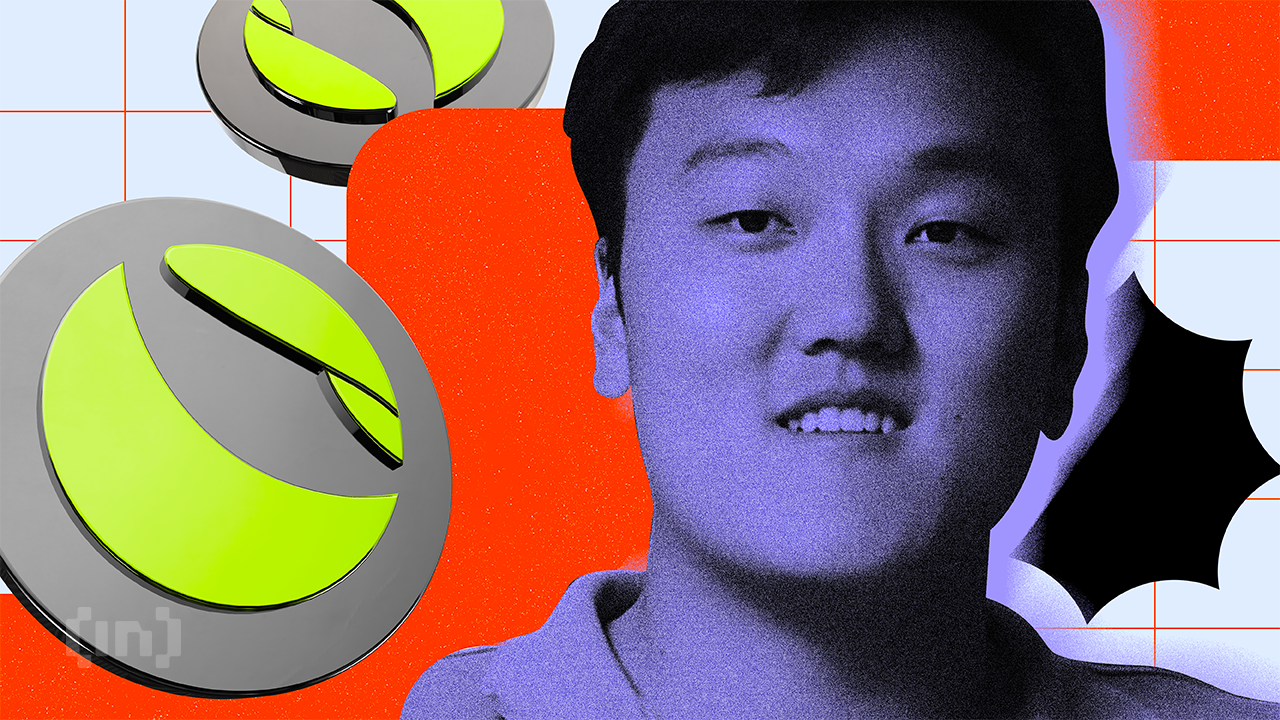The year 2024 marked a turning point for artificial intelligence (AI) in sports. Once defined by raw talent, physical endurance, and strategy, sports underwent a technological revolution as AI reshaped training grounds, arenas, and even fan experiences.
This transformative year redefined athletic performance, fan engagement, and operational efficiency.
Revolutionising Game Strategy
AI became the ultimate assistant coach in 2024, with machine learning algorithms analysing opponents’ tactics, predicting strategies, and crafting real-time countermeasures. Teams across football, basketball, and cricket used AI-driven analytics to gain an edge, turning data into actionable playbooks that combined historical trends with live game conditions.
Usyk vs Fury Rematch: A Glimpse into AI’s Role in Combat Sports
The rematch between Oleksandr Usyk and Tyson Fury introduced AI to boxing in the form of an experimental judge. Although its scorecard didn’t affect the official decision, the AI awarded Usyk a wider victory margin (118-112) compared to the human judges (116-112). The initiative, championed by Saudi Arabian fight promoter Turki Al-Sheikh, was lauded as a step toward reducing human bias, though there are debates about AI’s place in boxing’s future.
Turki Al-Sheikh, chairman of Saudi Arabia’s General Entertainment Authority, announced the implementation of this AI judge on X, stating that it was an ‘experiment’ designed to “monitor the fight” and would “not impact the official results.”
“For the first time ever, an AI-powered judge will monitor the fight,” the post read. “Free from bias and human error brought to you by The Ring.”
The AI judge, a humanoid robot, meticulously analysed every aspect of the fight. Recognising Usyk’s relentless pressure and higher work rate, it awarded him the majority of rounds, with Fury securing only four. This experiment, while not officially impacting the outcome, raised questions about the role of AI in judging combat sports and its potential for future integration.
AI-powered analytics also enhanced the event, providing real-time stats such as punch accuracy, speed, and power to broadcasters and fans, deepening their understanding of the fight.
AI at Paris 2024 Olympics
At the Paris 2024 Olympics, AI played a pivotal role in enhancing operations and fan experiences. Automatic highlight generation, powered by AI, created personalised reels across 14 sports, captivating audiences worldwide. The IOC’s Olympic AI Agenda further showcased AI’s potential to streamline workflows and engage fans.
AI Adoption in Football
Football embraced AI at all levels, from improving player performance to engaging billions of fans.
With a global fanbase exceeding four billion, football uniquely transcends cultural barriers, uniting people across the world. As the most popular sport globally, football possesses unparalleled potential to harness technology for human advancement.
The integration of artificial intelligence (AI) has revolutionised every aspect of the game, from captivating fans with personalised experiences to optimising team operations and enhancing player performance. Cutting-edge technologies like machine learning, computer vision, and natural language processing are now commonplace at the highest levels of professional football.
Top leagues, such as the English Premier League, Spanish La Liga, and German Bundesliga, are at the forefront of AI adoption. These leagues are pioneering new standards in fan engagement, delivering tailored content and experiences to a global audience while simultaneously streamlining operations and maximising efficiency.
Wearable AI sensors tracked athletes’ real-time metrics, while VR simulations allowed players to practice against virtual opponents. These innovations elevated performance and minimised injury risks, demonstrating AI’s transformative impact.
AI Transformed Fan Engagement
AI redefined fan experiences through advanced chatbots, personalised content recommendations, and immersive AR experiences. Fans could access live stats, predict outcomes, or virtually step into the shoes of their favourite players. Fantasy sports platforms also benefited, offering predictive analytics to help fans make better decisions.
Read also: Nigeria taps artificial intelligence to accelerate growth
Broadcasting Breakthroughs with AI
AI-powered broadcasting tools ensured that every moment was captured and curated. Automated cameras and editing systems produced instant highlights, while sentiment analysis tailored coverage to audience preferences. AI commentators enriched broadcasts with real-time stats and context, complementing human broadcasters.
Off the field, AI streamlined operations from ticketing to crowd management. Predictive algorithms optimised ticket pricing, while AI-managed crowd control systems enhanced stadium safety. Logistics planning for major events became more efficient, with AI anticipating and mitigating potential challenges.
Regulation and Ethical Considerations
As AI’s influence expanded, concerns about data privacy and ethical implications grew. Sports organisations established guidelines to ensure transparency and fairness, balancing technological advancements with ethical responsibility.
A Glimpse into the Future
The innovations of 2024 laid the groundwork for AI’s deeper integration into sports. From virtual athletes for training to AI-driven medical tools for injury recovery, the possibilities are endless.
In hindsight, 2024 will be remembered as the year AI became a cornerstone of modern sports, enhancing performance, enriching fan experiences, and pushing the boundaries of what is possible in the world of athletics.
“We will see the use of full-blown AI from 2025, based on what I hear. That will redefine the business of sports, though there is also some skepticism that the human element may be missing at some point in the future, which is even what makes sports like football thick,” said Osaemeka Amadi, an Abuja-based football strategist, said.








Leave a Comment